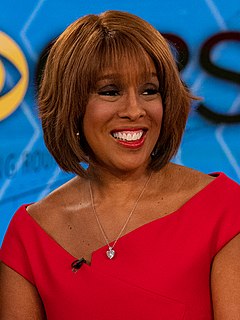A Quote by Reed Morano
A sad truth I learned as a DP starting out was that it doesn't matter how beautiful I make it if the story and performance are not there. That should be number one.
Related Quotes
[Eugene Smith] was always writing these diatribes about truth, and how he wanted to tell the truth, the truth, the truth. It was a real rebel position. It was kind of like a teenager's position: why can't things be like they should be? Why can't I do what I want? I latched on to that philosophy. One day I snapped, hey, you know, I know a story that no one's ever told, never seen, and I've lived it. It's my own story and my friends' story.
Every good story needs a complication. We learn this fiction-writing fundamental in courses and workshops, by reading a lot or, most painfully, through our own abandoned story drafts. After writing twenty pages about a harmonious family picnic, say, or a well-received rock concert, we discover that a story without a complication flounders, no matter how lovely the prose. A story needs a point of departure, a place from which the character can discover something, transform himself, realize a truth, reject a truth, right a wrong, make a mistake, come to terms.
Without doubt, matter is unlimited in extent, and, in this sense, infinite; and the forces of Nature mould it into an innumerable number of worlds. Would it be at all astonishing if, from the universal dice-box, out of an innumberable number of throws, there should be thrown out one world infinitely perfect? Nay, does not the calculus of probabilities prove to us that one such world out of an infinite number, must be produced of necessity?
I was interested in the ways we can write biography. When you're first starting to write about your own life it feels so shapeless because you don't know how to make your own story cohesive. How do I pluck a story out of the entirety of what it means to be alive. It occurred to me recently that when you're telling a story about your own life, rather than taking a chunk, you're kinda like lifting a thread from a loom.
I don't need any crutches in order to concentrate. As a child I learned that you must be ready because I'd be yelled at more than other people and it would always be my fault. I learned that to be professional is your number-one priority. The art comes second. You learn that, in order to give your best performance, you have to be a good technician, which means never allowing negative influences affect your performance.





































